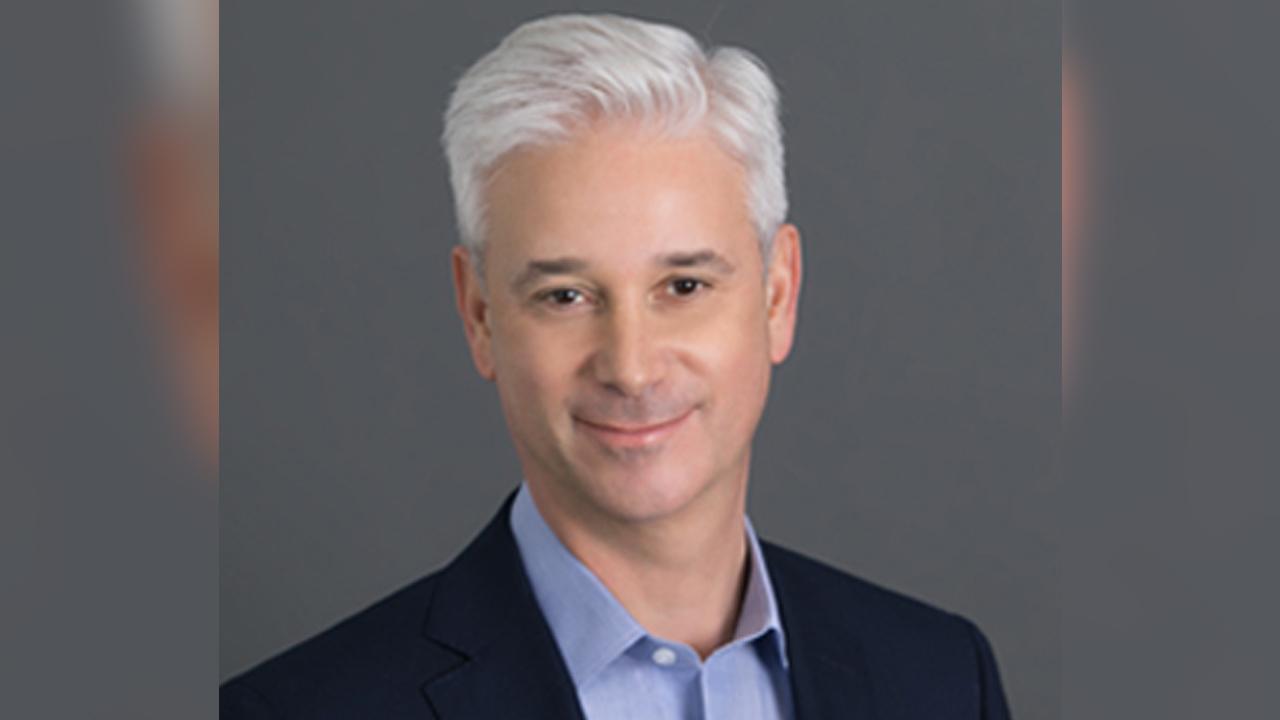Wells Fargo profit sinks 13% while new CEO prioritizes resolving regulatory issues
This was the first quarter under the leadership of CEO Charlie Scharf
Wells Fargo reported disappointing results for the last three months of 2019, sending shares lower.
The San Francisco-based lender earned $2.9 billion, or 60 cents a share, as revenue slipped 5.2 percent year-over-year to $19.98 billion and the bank recorded charges of $1.5 billion for an array of legal issues including sales practices in its retail division.
Wall Street analysts surveyed by Refinitiv were expecting earnings of $1.11 a share on revenue of $20.1 billion. It was the first quarter under the leadership of CEO Charlie Scharf, who previously led payment network Visa and Bank of New York Mellon.
| Ticker | Security | Last | Change | Change % |
|---|---|---|---|---|
| WFC | WELLS FARGO & CO. | 93.93 | +2.37 | +2.59% |
“During my first three months at Wells Fargo, my primary focus has been on advancing our required regulatory work with a different sense of urgency and resolve, while beginning to develop a path to improve our financial results,” Scharf said in a statement.
Home loan originations rose 3.4 percent year-over-year to $60 billion, as buyers took advantage of lower interest rates after three cuts by the Federal Reserve. Meanwhile, new auto loans surged 45 percent to $6.8 billion as the company prioritized growing the business after an overhaul.
BELEAGUERED WELLS FARGO NAMES JAMIE DIMON PROTEGE AS NEW CEO
Net interest income fell 11.1 percent from a year ago to $11.2 billion, impacted by falling rates, while net interest margin -- the difference between interest charged to borrowers and paid to depositors -- narrowed 13 basis points from the third quarter to 2.53 percent.
Wells Fargo has struggled through a number of scandals in recent years. In 2016, the Consumer Financial Protection Bureau hit the bank with a $100 million fine for opening more than 3 million phony accounts.
Two years later, Wells was hit with a record $1 billion fine for a number of abuses, including charging customers for auto insurance they didn’t need; the cost pushed some to default on their loans and led to the repossession of their cars.
Scharf's predecessor, Tim Sloan, left the company in 2019 as regulatory issues mounted. He had taken over from John Stumpf when the fake accounts were exposed in 2016. A little more than a year later, the Federal Reserve capped Wells Fargo's growth, ordering it not to increase assets beyond levels at the end of 2017 until oversight concerns were addressed.
GET FOX BUSINESS ON THE GO BY CLICKING HERE
Wells Fargo shares have fallen 3.1 percent in 2020, paring last year's gains of nearly 17 percent.




















